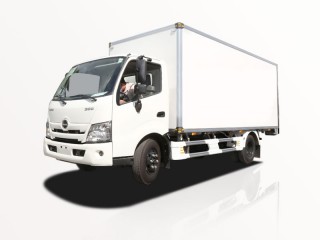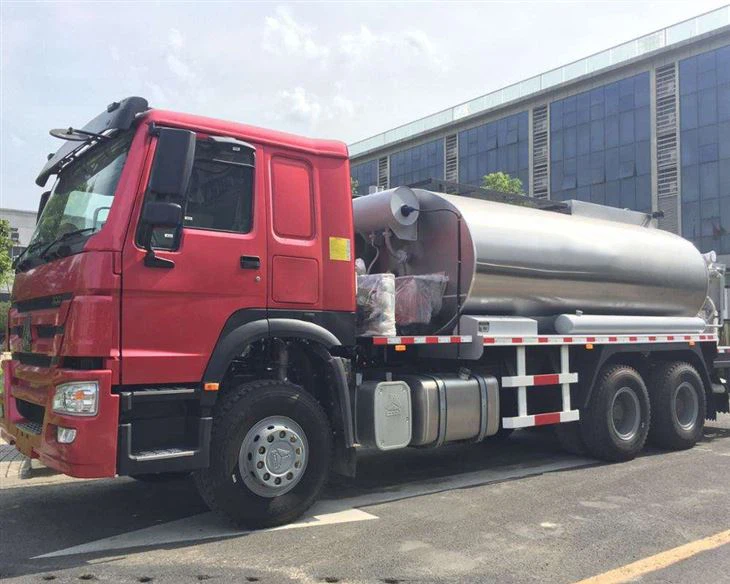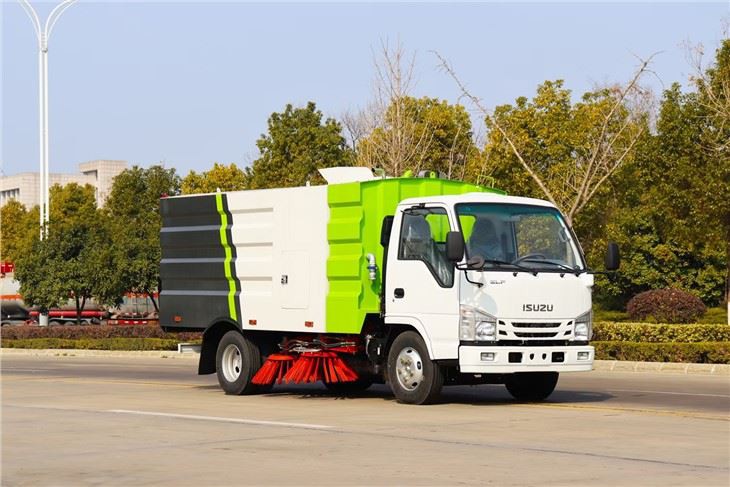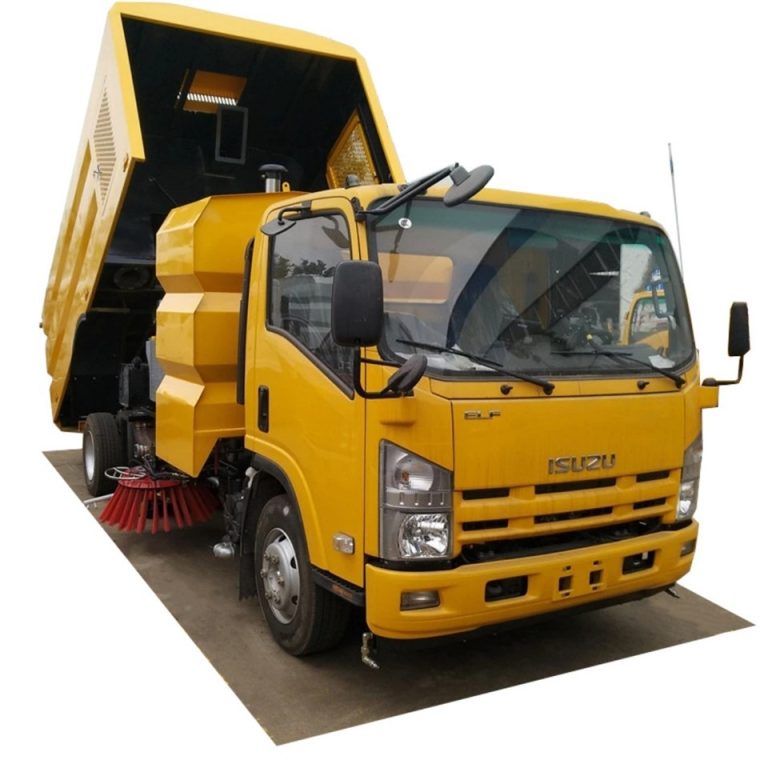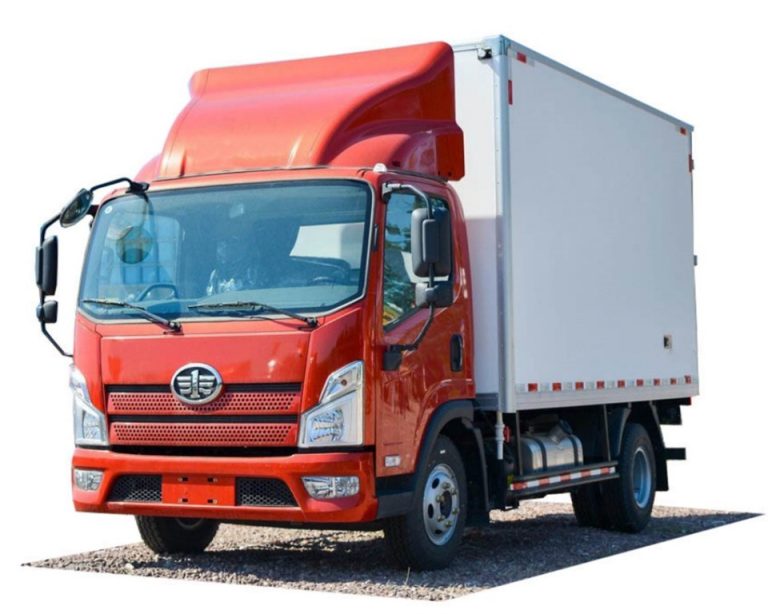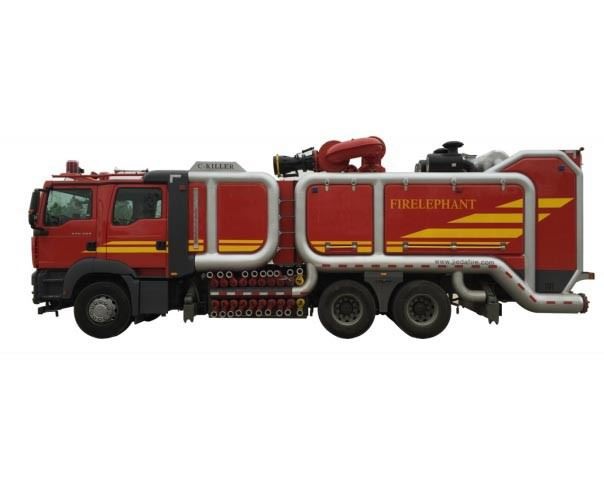When it comes to towing and recovery vehicles, class B wreckers play a crucial role in the transportation industry. This article will cover everything you need to know about class B wreckers, exploring their features, benefits, operational uses, and much more.
What is a Class B Wrecker?
A class B wrecker refers to a specific classification of tow trucks that are designed for medium-duty hauling and recovery tasks. Typically, they are used for towing vehicles that are heavier than what a regular tow truck can manage but not as heavy as what a class A heavy-duty wrecker would handle. This category of wreckers is essential for businesses that require versatile towing equipment.
Characteristics of Class B Wreckers
- Weight Capacity: Class B wreckers generally have a towing capacity of 10,000 to 26,000 pounds.
- Vehicle Types: They are suitable for towing mid-sized vehicles, SUVs, light trucks, and larger commercial vehicles.
- Engine and Performance: Equipped with robust engines for enhanced performance in various towing situations.
- Recovery Features: Many feature additional capabilities, such as winches, under-lift systems, and integrated lighting.
Common Uses of Class B Wreckers
Class B wreckers find their application in various sectors. Their versatility makes them ideal for different scenarios.
Towing Services
Local towing companies often utilize class B wreckers for immediate service needs, such as accidents, breakdowns, and roadside assistance.
Heavy Equipment Transport
These wreckers can efficiently transport light to medium-heavy equipment used in construction and landscaping.
Emergency Services
Law enforcement and emergency service providers frequently use class B wreckers during accidents or hazardous situations.
Benefits of Using Class B Wreckers
Investing in a class B wrecker offers numerous advantages for businesses and service providers.
Versatility
One of the most significant benefits is their versatility. Class B wreckers can manage a wide range of vehicle types and weights, making them suitable for various tasks.
Cost-Effective
While they don’t come cheap, they are more affordable than heavy-duty wreckers and often yield a higher return on investment due to their versatility.
Enhanced Performance
Class B wreckers are designed with powerful engines and advanced towing capabilities, ensuring efficient towing and recovery operations.
How to Choose the Right Class B Wrecker
Selecting the proper class B wrecker is essential for your business operations. Here are factors to consider:
Weight Rating
Make sure the wrecker’s weight capacity aligns with the types of vehicles you plan to tow.
Towing Equipment
Look for wreckers equipped with necessary accessories such as winches, dollies, and flatbeds.
Reliability and Brand Reputation
Choose brands known for producing durable and reliable vehicles. Research customer reviews and ratings to make an informed decision.
Maintenance and Support
Consider availability for parts and service support, as these factors can impact long-term operational efficiency.
Operational Tips for Class B Wreckers
Operating a class B wrecker comes with its challenges. Here are some practical tips to maximize efficiency.
Regular Maintenance
Consistent upkeep can prevent costly breakdowns and extend the lifespan of your wrecker. Schedule regular checks for the brakes, lights, and towing mechanisms.
Know the Regulations
Familiarize yourself with local towing regulations to ensure compliance during operations. Different states may have specific requirements for tow truck operations.
Test Your Equipment
Before heading out for a tow, always test your wrecker’s equipment to confirm everything is functioning properly.
Safety Protocols in Class B Wrecker Operations
Safety should always be the top priority when operating a class B wrecker. Here are essential safety protocols:
Wear Proper Gear
Always wear safety gear, including gloves, reflective vests, and hard hats if necessary.
Use Safety Cones
When responding to a roadside incident, deploy safety cones to alert oncoming traffic.
Secure Loads
Ensure all loads are secured before towing to prevent accidents or cargo loss.
Choosing the Right Class B Wrecker for Your Needs
Associated Costs
Understanding the costs of class B wreckers is crucial for budgeting. Prices vary based on brand, features, and condition. Below is a pricing guide:
| Type | Average Price |
|---|---|
| New Class B Wrecker | $60,000 – $100,000 |
| Used Class B Wrecker | $30,000 – $70,000 |
Financing Options
Consider exploring financing options, such as loans or rental agreements, that can make acquiring a wrecker more manageable.
Brand Comparisons: Top Class B Wrecker Models
Here’s a breakdown of some popular class B wrecker models:
| Brand | Model | Weight Capacity | Key Features |
|---|---|---|---|
| Ford | F-550 | 19,500 lbs | Powerful engine, multiple body styles |
| Chevrolet | Silverado 4500 | 22,000 lbs | Improved fuel economy, easy towing |
| Ram | 5500 | 22,500 lbs | Durability, advanced safety features |
Frequently Asked Questions (FAQs)
1. What is the primary function of a class B wrecker?
The primary function of a class B wrecker is to tow medium-duty vehicles that cannot be managed by standard tow trucks.
2. How do I know if a class B wrecker is right for my business?
Consider the types of vehicles you’ll be towing, your budget, and the capacity you need when determining if a class B wrecker is suitable.
3. Are class B wreckers safe for towing heavy equipment?
Yes, class B wreckers are specifically designed to safely tow medium-weight equipment and vehicles when operated properly and maintained regularly.
4. What should I check before using a class B wrecker?
Before use, check the brakes, lights, winches, towing equipment, and confirm that all safety protocols are in place.
5. Can a class B wrecker handle roadside assistance needs?
Yes, class B wreckers are often used for roadside assistance, including vehicle recovery and towing services.
6. What financing options are available for purchasing a class B wrecker?
Options may include bank loans, financing through the dealer, and leasing agreements, depending on your financial situation.
